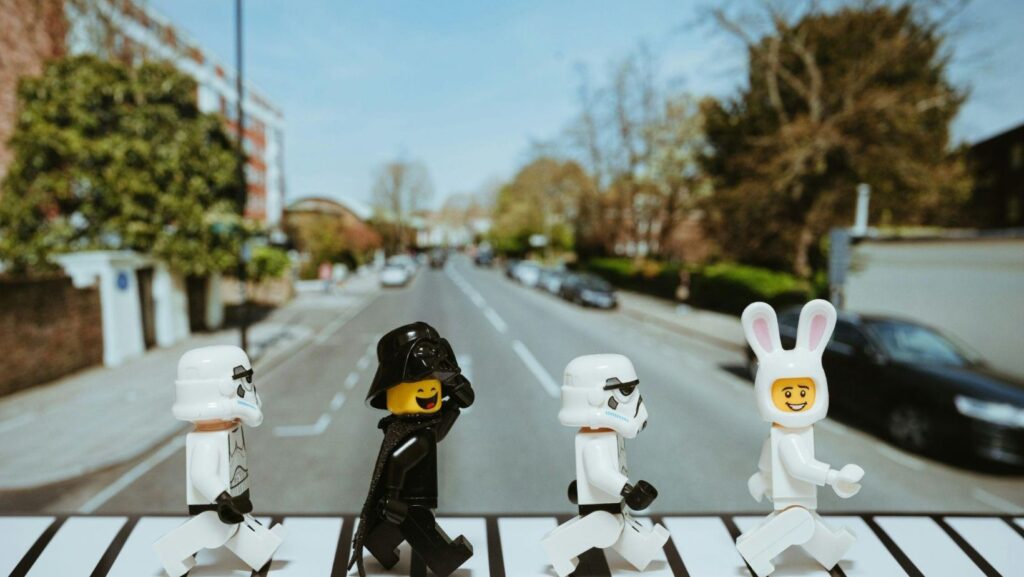LEGO has long been known to inspire creativity in both the playroom and the world of technology. It’s more than just colored bricks on a shelf; the brand has captivated gamers with hits like LEGO Star Wars and LEGO Harry Potter. In the past, outside studios handled much of the gaming magic, but things are changing—LEGO intends to become more involved in creating its own video game adventures. This move may even include some AI and blockchain features.
A New Era for LEGO Video Games
LEGO video games were mostly developed by partners such as Warner Bros.’ Traveller’s Tales (TT Games), which has produced many fan-favorite adaptations. Recently, however, it seems that LEGO wants a little more say rather than relying only on those external creators.
Gaming technologies are changing quickly these days; tech is no longer just a tool but the whole playground. In general, AI-infused design allows games to become more immersive and even personal; for example, AI-driven procedural generation may unexpectedly adapt open-world sceneries based on your actions. There’s also talk about blockchain potentially stepping in to create a safe, dynamic ecosystem in which in-game assets could even have real-world benefits.
The growing focus on control reflects developments in other areas of entertainment. Looking at online casinos, operators like Jackpot City Casino carefully choose and polish their game lists, making sure each experience stays true to the brand’s signature style. LEGO seems to continue a similar pattern, guaranteeing that each new game not only entertains but also maintains the iconic LEGO nature.
The Future of LEGO Gaming: Innovation Through Technology
LEGO is taking control of its gaming future, and it plans to integrate the physical and virtual in unexpected ways. Imagine playing with your real LEGO build and then seeing it transform into a digital world via AR or VR—a creative combination that might bring bricks to life right in front of your eyes. There’s even talk about AI-powered NPCs who can change your in-game narrative on the fly, making no two adventures seem the same. Furthermore, the idea of a lasting online world, a sort of Metaverse in which constructing and exploring exist together, has been floating around.
All in all, this shift signals something bigger. Major brands are starting to see the benefits of keeping creative decisions closer to home, instead of leaning too much on third-party magic. In most cases, such a move protects the brand’s essence and also ensures that each game remains true to what LEGO represents—play, imagination, and unpredictability. It’s an exciting, if somewhat unpredictable, new chapter for a company that’s always been about making people’s dreams a reality.
A Bold New Chapter
LEGO’s decision to gain more control over its video game projects really marks a turning point for the brand. They’re experimenting with stuff like AI, blockchain, and AR/VR, changing the old ways players interact with their digital side. This shift opens the door to richer, more hands-on experiences while still keeping that classic creative spark LEGO has always been known for.




